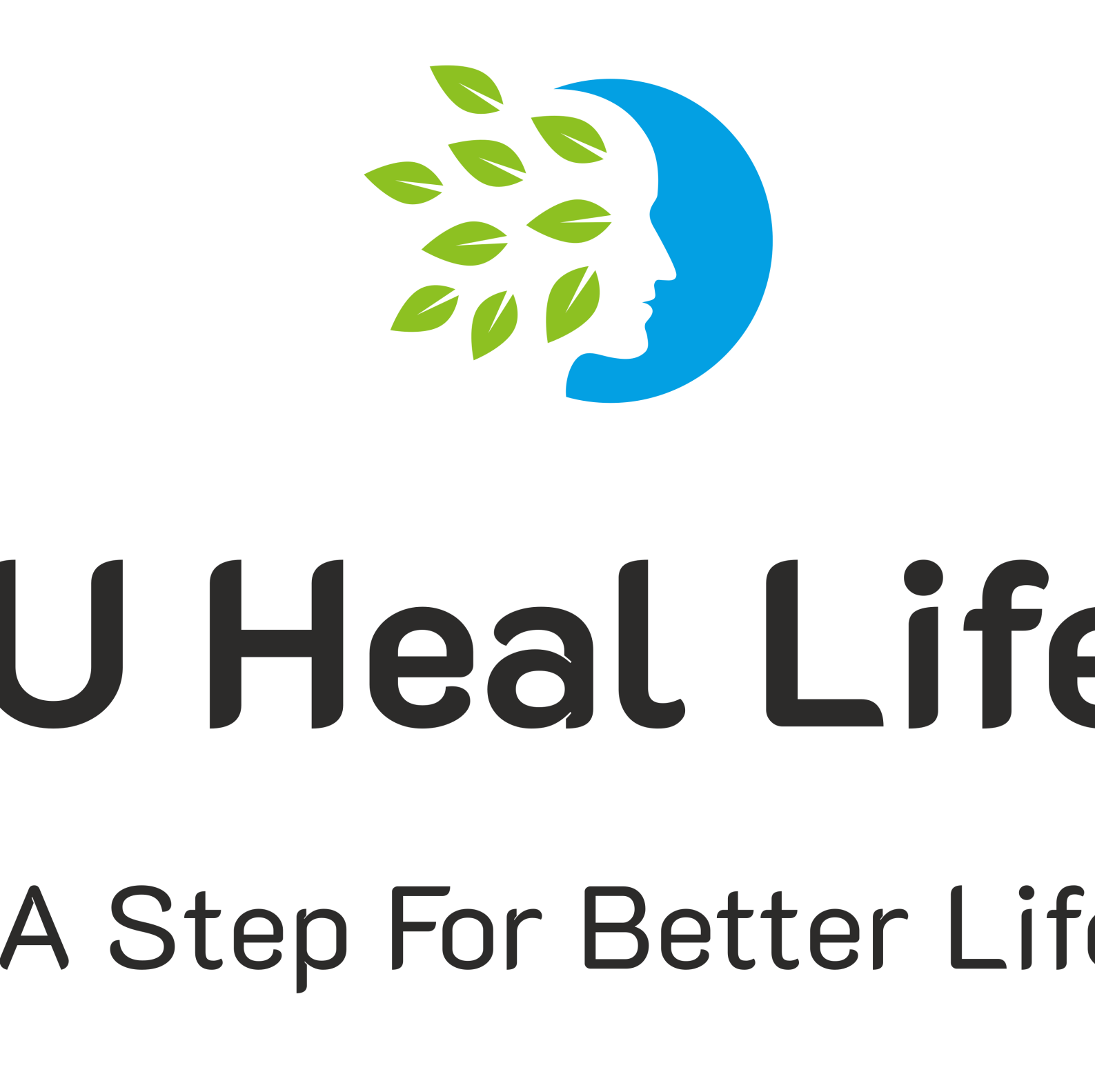The Healing Power of Sunshine: How Sunlight Nourishes Your Body and Mind
In a fast-paced, screen-dominated world, the healing power of something as simple and natural as sunlight is often underestimated. Yet, just a few minutes in the sun each day can offer a range of health benefits — from boosting mood to strengthening bones. At uHeallife, we believe in the power of nature to support holistic wellness. Let’s explore how daily sun exposure can improve both your physical and emotional well-being.
Why Sunshine is Essential for Your Health
1. Natural Source of Vitamin D
Sunlight is the most effective natural source of Vitamin D, a vital nutrient that:
- Strengthens bones and teeth
- Supports immune function
- Helps absorb calcium efficiently
Low Vitamin D levels are linked to fatigue, weakened immunity, and even mood disorders.
🔍 Tip: Just 10–20 minutes of morning sunlight on bare skin (without sunscreen) can help your body produce sufficient Vitamin D naturally.
2. Boosts Mental Health & Fights Depression
Sun exposure triggers the release of serotonin, a “feel-good” hormone that:
- Lifts your mood
- Enhances focus
- Promotes calm and clarity
Lack of sunlight, especially during the winter months, can lead to Seasonal Affective Disorder (SAD) — a type of depression. Sunlight therapy or simply spending more time outdoors can significantly improve symptoms.
3. Improves Sleep Quality
Sunlight plays a critical role in regulating your body’s circadian rhythm — your natural sleep-wake cycle. Exposure to natural light during the day:
- Helps you fall asleep faster at night
- Increases melatonin production after sunset
- Promotes deeper, more restful sleep
Try This: Start your day with a 10-minute walk in the sun to reset your biological clock and improve sleep quality.
4. Strengthens the Immune System
Vitamin D produced by sun exposure enhances the immune response, helping your body fight infections and inflammation more effectively. Regular sun exposure can:
- Lower the risk of autoimmune diseases
- Improve recovery times from common illnesses
- Reduce chronic inflammation
5. Promotes Glowing Skin (In Moderation)
Contrary to popular belief, moderate sun exposure can actually improve certain skin conditions like:
- Psoriasis
- Eczema
- Acne
The UV rays help reduce inflammation and promote skin regeneration. However, prolonged or harsh exposure should always be avoided to prevent sunburn and premature aging.
How to Safely Soak in the Sun
To enjoy the healing benefits of sunlight without harming your skin:
- Choose early morning or late afternoon for sun exposure
- Limit time to 10–30 minutes daily
- Use natural sunscreen if staying longer
- Stay hydrated and wear a hat or sunglasses when needed
Final Thoughts: Embrace the Light
Nature offers powerful tools for healing — and sunshine is one of the most accessible and effective. From mental clarity to stronger immunity and better sleep, sunlight plays a vital role in your well-being.
At uHeallife, we encourage you to reconnect with the natural world. Start by stepping into the sunlight — your body and mind will thank you.




